Boston’s Innovation District Adds New Housing Development
The development wave in Boston’s growing Innovation District continues with a $62 million housing project that will take shape at 411 D Street. Last week, the Boston Redevelopment Authority approved a mixed-use complex proposed in January by a joint venture between Cresset Development and Clarion Partners.
By Veronica Grecu, Associate Editor
The development wave in Boston’s growing Innovation District continues with a $62 million housing project that will take shape at 411 D Street. Last week, the Boston Redevelopment Authority approved a mixed-use complex proposed in January by a joint venture between Cresset Development and Clarion Partners.
Totaling 197,634 square feet of space, 411 D Street will be built on a 1.4-acre parcel that was purchased by Cresset Development for $7.3 million earlier in 2011, the Boston Herald reports. Construction will begin in August 2012 with clearing up the site, which is currently occupied by two storage structures.
According to the developers’ letter of intent, the project designed by Elkus Manfredi Architects will consist of two low-rise buildings including 197 rental apartments (26 of which will be “Innovation Housing”, affordable micro-units that open into shared spaces and encourage collaboration) and ground-floor retail and community space. The garage area at the ground level behind the retail space at both buildings will provide parking space for 129 vehicles, as well as covered bicycle storage facilities for more than 15 percent of occupants and Zipcar access for residents.
A mix of sustainable amenities—such as high-albedo roofing membranes on both buildings, rooftop terraces with drought-tolerant plants, low-flow plumbing fixtures for water closets and faucets, efficiency heating and cooling systems for reduced energy consumption, controllability of lighting and heating systems, and the use of recycled construction materials—will allow the project to apply for LEED certification upon completion in January 2014. Approximately 200 jobs will be created during construction, followed by 12 permanent jobs post-completion.
Illustration credits: Elkus Manfredi Architects

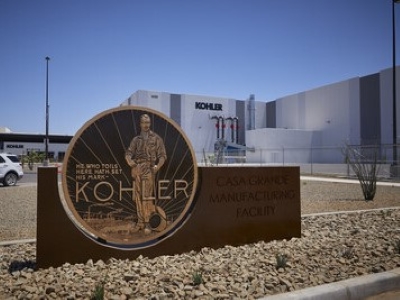
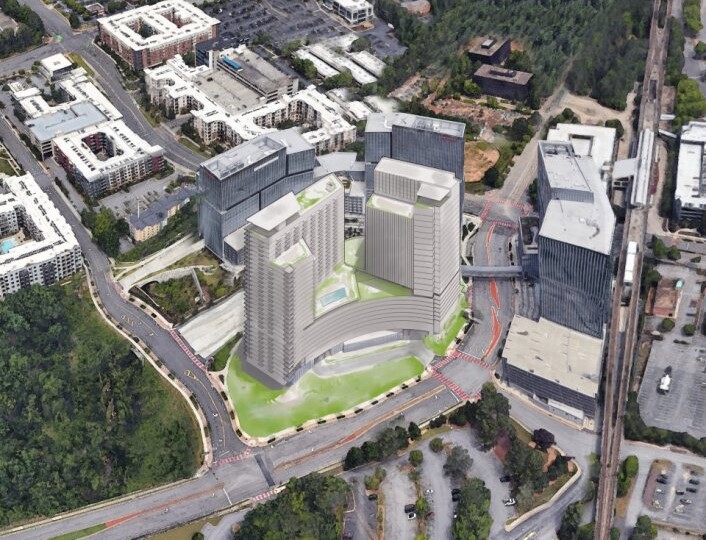

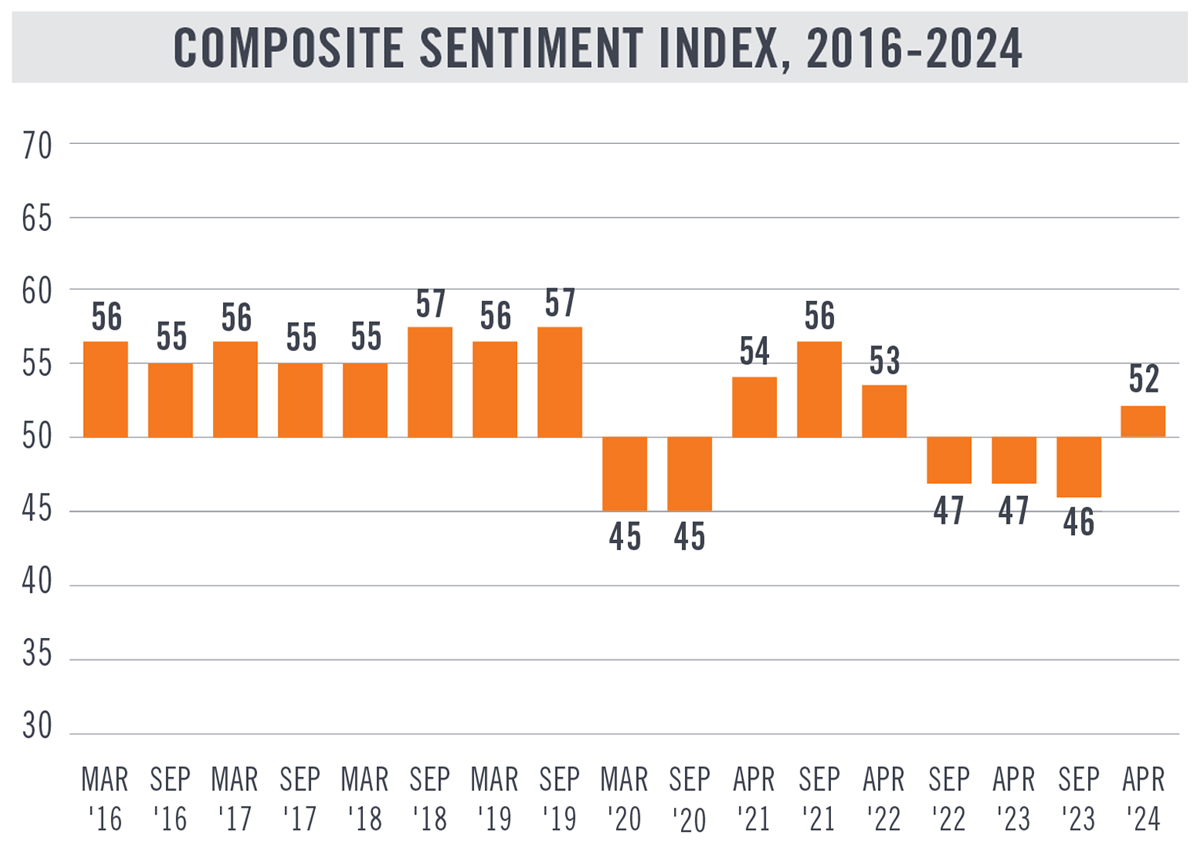
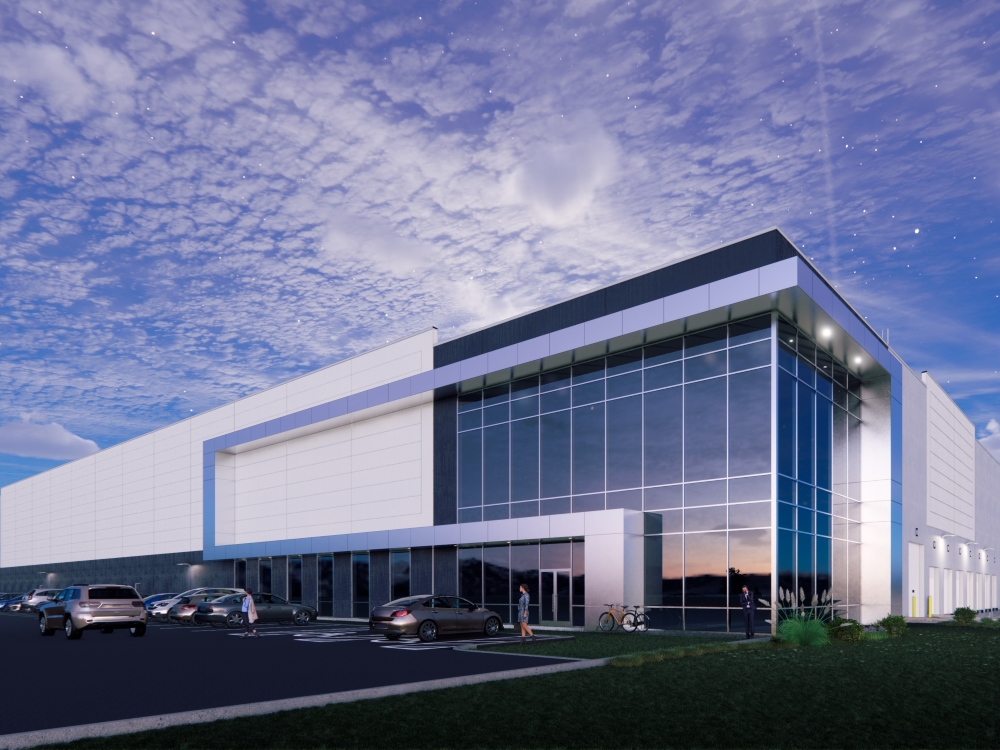
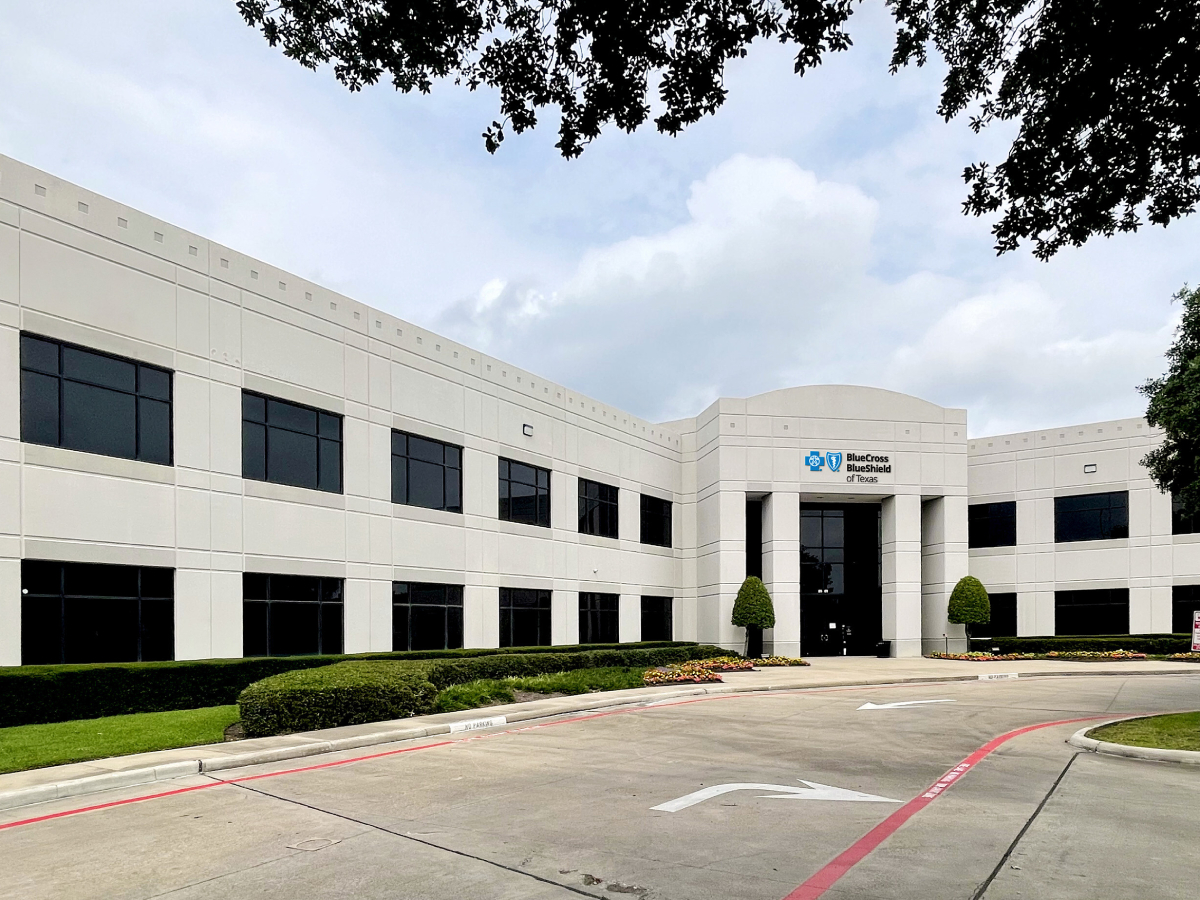
You must be logged in to post a comment.